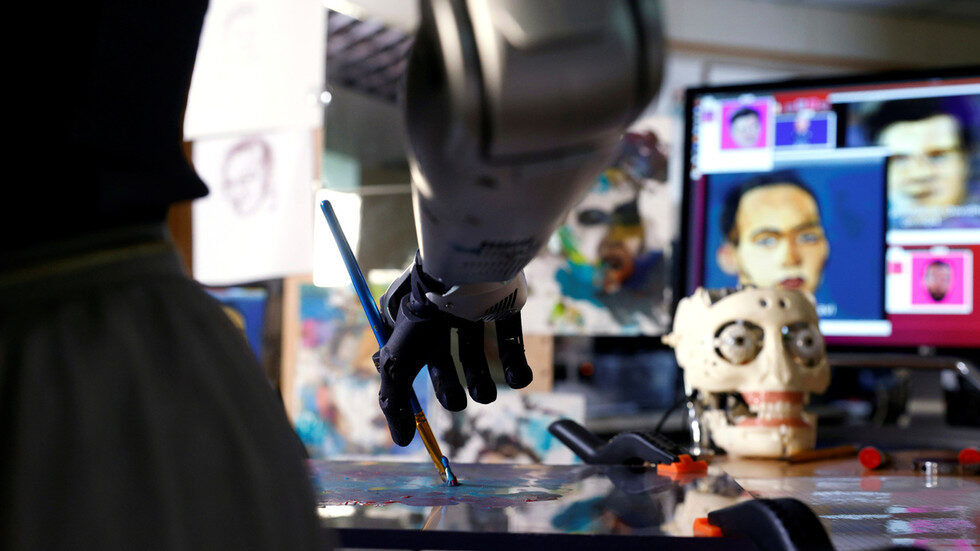
'Vi har ingen konkurrerende chancemuligheder mod Kina om 15 til 20 år. Lige nu er det allerede en så godt som sket; det er efter min mening allerede slut,' sagde Nicolas Chaillan til Financial Times i sit første interview siden hans chokfratrædelse i sidste måned.
Chaillan, som var den første softwarechef for det amerikanske luftvåben og havde tilsyn med Pentagons bestræbelser på at øge cybersikkerheden i løbet af de sidste tre år, meddelte sin fratræden i september i protest mod det langsomme tempo i teknologiske fremskridt i det amerikanske militær.
Kommentar: Delvist oversat af Sott.net fra Pentagon's former software chief admits 'it's already over': US has lost AI battle to China
"Whether it takes a war or not is kind of anecdotal," but China, which has prioritized artificial intelligence, machine learning and cyber capabilities, is on course for global domination and control of everything from media narratives to geopolitics, he insisted.
Washington might be spending three times more than Beijing on defense, but this money is being used in the wrong areas, said the French-born tech entrepreneur, who became a US citizen in 2016. AI and other emerging technologies are more crucial for America's future than massive and high-budget hardware projects like fifth-generation F-35 fighter jets, he argued.
One thing holding the US back is the ongoing debate on the ethics of artificial intelligence, while Chinese companies are devoting "massive investment" to AI without a second thought, according to Chaillan.
Chinese firms are also actively cooperating with their government on AI, but US companies, like Google, are reluctant to work with the American authorities, he added.
The former software chief also sounded the alarm over the cyber defenses of US government agencies, saying that they were at "kindergarten level" in some areas.
In the coming weeks, Chaillan plans to testify before Congress in relation to the issue to attract more attention to the danger posed to the US by China's technological advancements.
Chaillan's resignation made a splash after he announced it in a bombshell letter in early September. He complained that bureaucracy and lack of funding had prevented him from doing his job properly, saying that he was fed up with "hearing the right words without action."
The Pentagon was "setting up critical infrastructure to fail" by appointing military officials with no expertise in the field in charge of cyber initiatives, the 37-year-old argued. "We would not put a pilot in the cockpit without extensive flight training; why would we expect someone with no IT experience to be close to successful?"
He kept criticizing the Department of Defense after his departure, claiming during a CyberSatGov conference earlier this week that American national security satellite providers were unable to develop "at the speed of relevance" finding themselves stuck in the Pentagon's ecosystem.
NASA was also grilled, with Chaillan saying that it was "a little bit of a disgrace that we had to wait for SpaceX to bring a capability to allow us to send Americans back to the ISS and not depend on the Russians." Souyz rockets, launched by Russia's space agency Roscosmos, have been delivering NASA astronauts to orbit from the shutdown of the shuttle program in 2011 till 2020 when SpaceX developed capabilities to send humans to space.



Kommentar: China has indeed been busy in the AI field, with the apparent goal of turning over many tasks to AI. One wonders though, if relinquishing that much control will not bite them in the end? There would have been no lack of warnings.